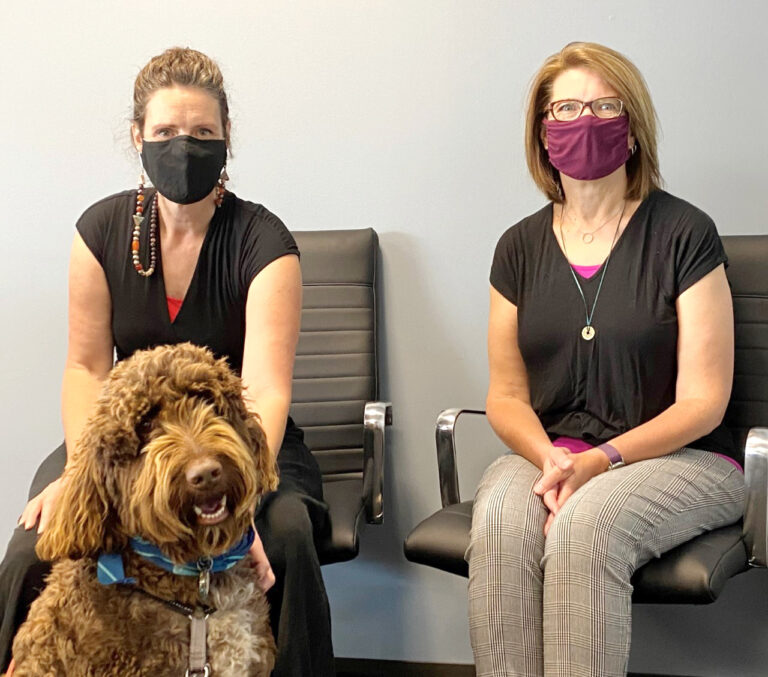
Spending $100,000 on a new program aimed at keeping members of the Prince Albert Police Service health could be money well spent if it keeps even one officer from having to take paid leave to cope with stress, Chief Jonathan Bergen said recently.
PAPS announced on Sept. 2 that they had implemented a new strategy geared to help all staff – not just sworn officers – cope with the mental stresses brought on by the job
“We recognize that the job we’re called upon to serve at times includes very difficult duties,” said Bergen in a digital media conference. “The trauma that our members are often exposed to can have lasting effects and so as a police service, investing in all of our staff – not just police officers – and making sure we’re keeping them healthy with preventative programming and managing and coping techniques is an investment in our police service.”
The new program, which started in July, is headed by Nicola Sherwin-Roller, an art psychotherapist and certified counsellor. Sherwin-Roller also operates her own private practice.
Sherwin-Roller has employed two additional resources; registered social worker Sherry LaFaver and Mr. Blue, a four-year-old Labradoodle whose job it is to engage with members and staff.
“This is not about coming in after trauma has happened,” Sherwin-Roller said. “This is about building capacity and awareness and working with members and staff in their everyday job responsibilities to support them and develop strategies that fit their unique needs.”
The new program allows employees of PAPS to get confidential support at the police station or substation or at a private office location.
“When we keep our members healthy, they are better equipped to serve the public,” Bergen said. “This strategy is new.”
In the 40,000 plus calls for service officers have responded to over the last year, some included scenes of violence that would weight on any person and an officer is no exception, he said.
“What they experience and what they observe and have to manage in their daily duties can be very difficult,” Bergen explained. “making sure that we’re giving them the tools to manage what they see is preventative and its critically important and making sure that we’re doing ahead of time.”
Waiting until there is problem helps no one and is unlikely to bring the best outcomes.
“It’s an investment into the organization and it’s an investment into our people,” said Bergen.
A variety of reasons went into the decision including the volume of work officers have.
“We’re under a difficult call load. The amount of calls our members service is quite high. When you compare us, we’re unique in how many calls we have here in Prince Albert,” he said.
There have been a number of traumatic incidents that have had an impact and the service is also interested in providing after-care.
“It’s critically important whether the member has the access to that care before but also to make sure that they’re following up after a significant incident so they have the programs and support that they need,” said Bergen. “Some things are very difficult to observe and there’s a human response to that.”
The service had a unique opportunity to use the money that would have paid one officer’s wages and test out the program while that officer is seconded to another agency for a year, he said.
They could have hired a short term officer to replace the seconded one but making sure all officers have good mental health support could have an even bigger benefit.
“If 100,000 – and it’s a lot of money, we recognize that – but if one member is away for an extended period of time, that could very easily cost us $100,000 where we don’t have a member serving the community. If two members are away for any period of time, that doubles,” Bergen said.
They will continue and assess the strategy – a process that is being developed now – into 2022 but Bergen acknowledges the challenges of quantifying the benefits of a program that stops things from happening.
“We’re going to meet and discuss those measures next week,” he said. “It’s a difficult program to measure, we know that. How do you measure something that you prevented?”
